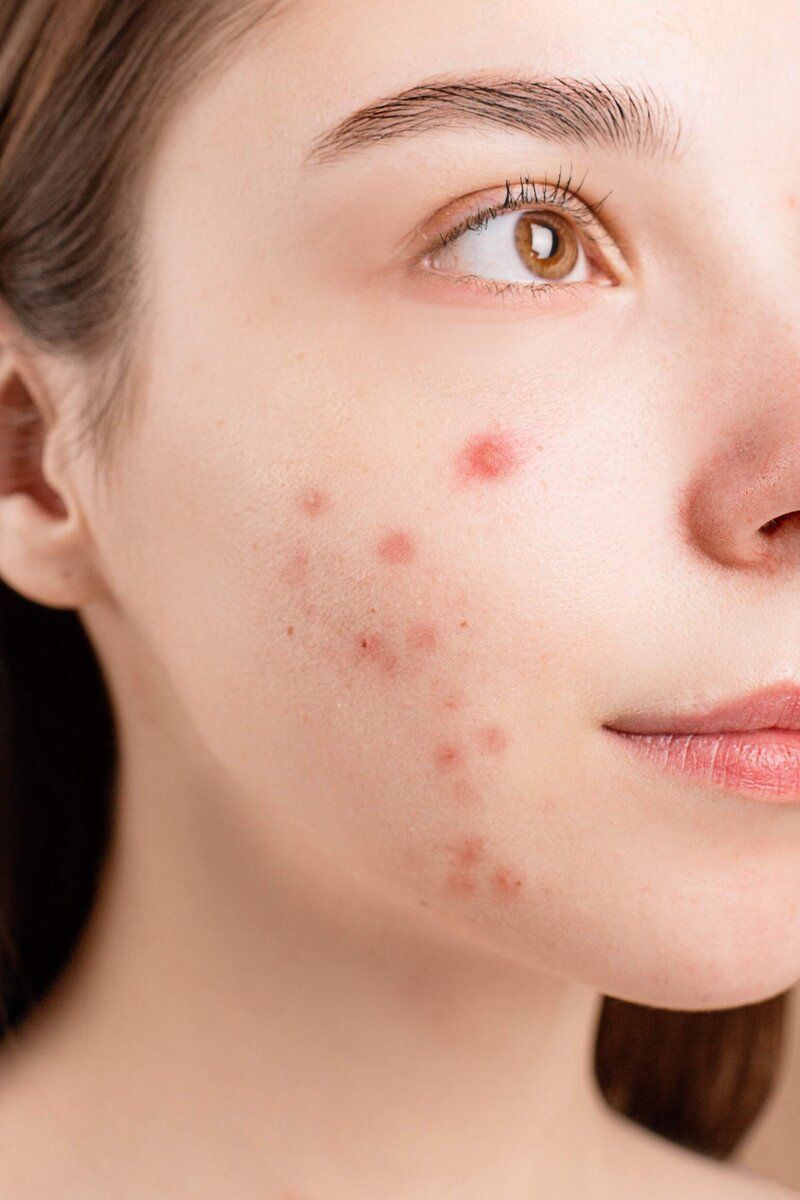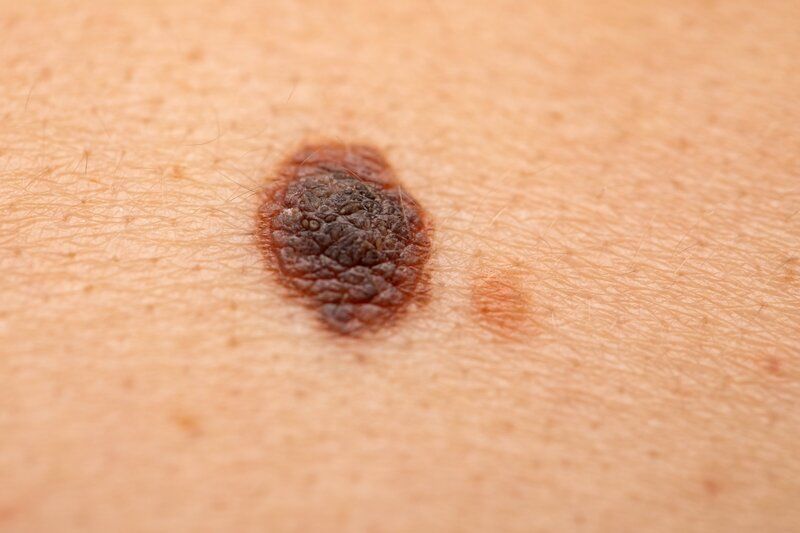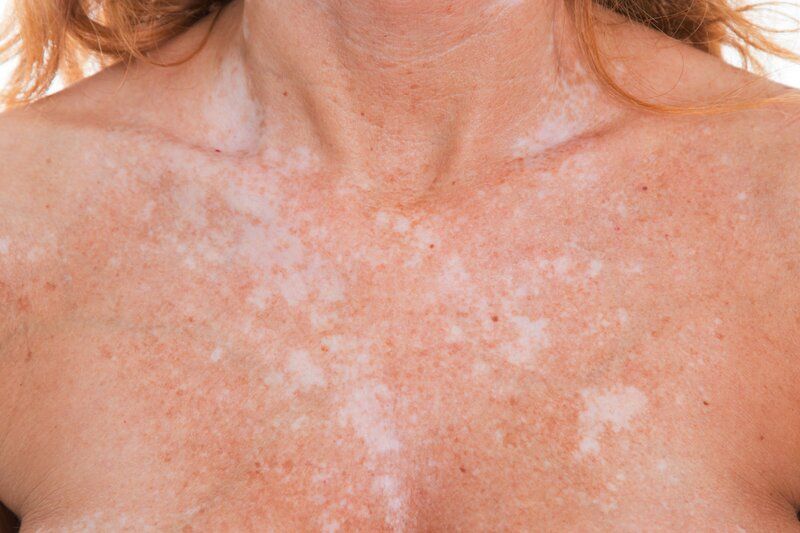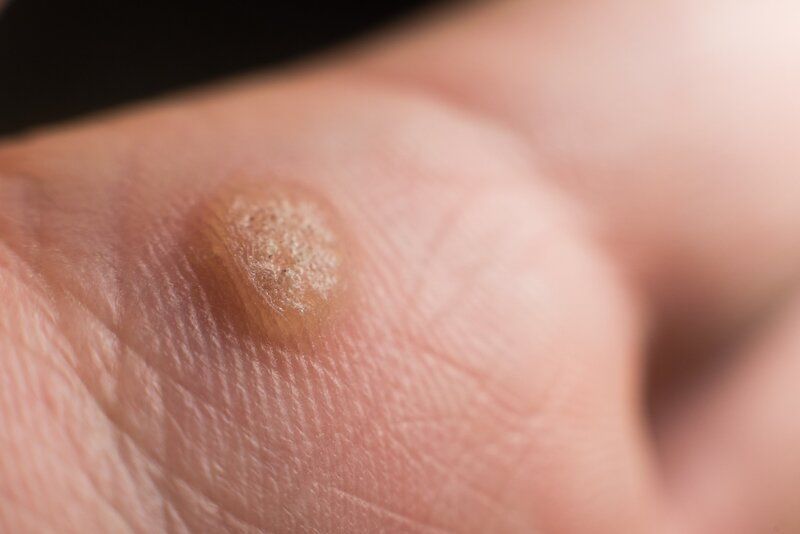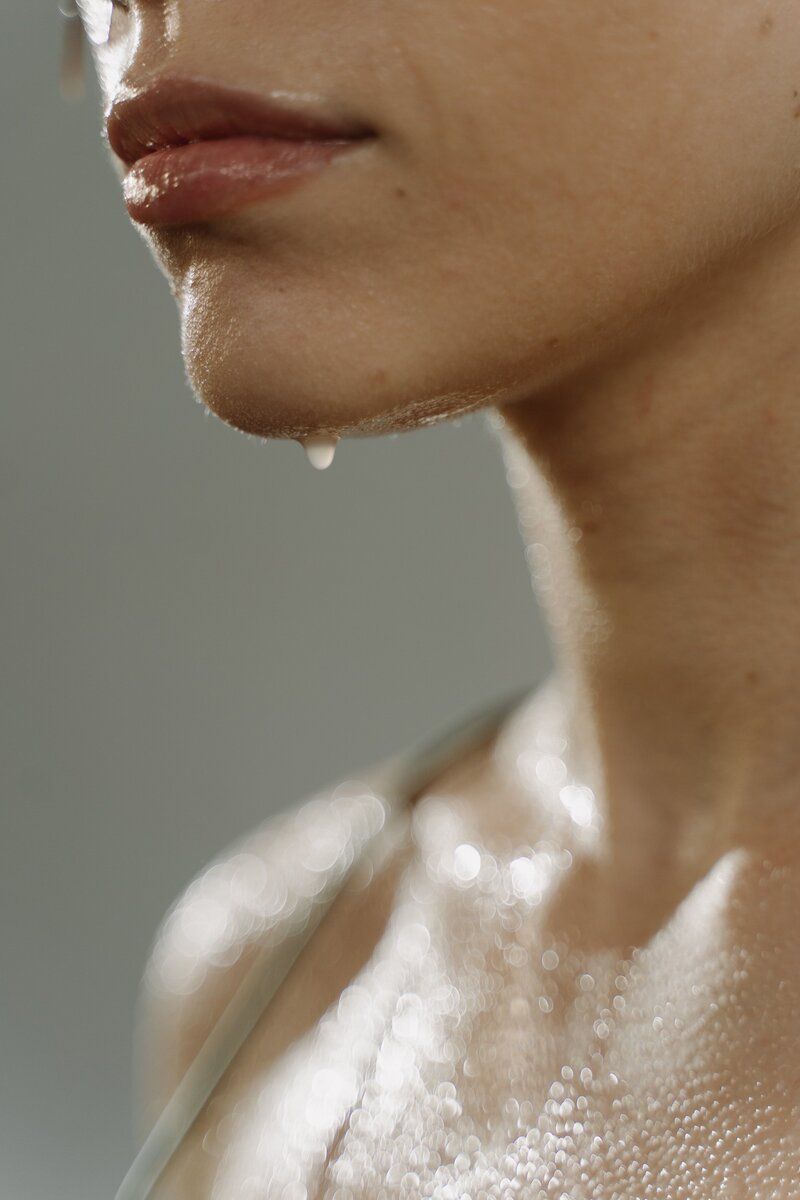IT'S TIME TO DITCH THE HOPELESS AVOIDANCE ALREADY WITH YOUR DERMATOLOGY SKIN CONDITIONS
With a little bit of guidance and expert knowledge you can have the skin you want
→ NO MORE WASTING MONEY ON SKIN PRODUCTS THAT DON'T WORK
→ HAVE A DOCTOR YOU CAN TURN TO FOR EVERY LITTLE SKIN ISSUE
→ NEVER FEEL DESPERATE OR LOST AGAIN, WE'VE GOT YOUR BACK
What can I help you with?
Acne
Acne is a real problem for many people, whether experienced as an occasional breakout or as chronic, cystic acne. The professional acne treatments offered by Dr. Burke provide patients with clinically proven techniques that restore clear complexions by reducing the signs of acne breakouts and scarring.
Acne is most commonly experienced by people aged 15-25, but up to 55% of older adults suffer from consistent acne outbreaks and suffer from acne scarring as a result.
While working with Dr. Burke, he'll diagnose your acne mild, moderate, severe, or cystic based on the type, severity, and the number of acne lesions. Your customized treatment plan will not only improve and prevent breakouts, but also rebuild the complexion marred by acne.
Eczema
Eczema is an umbrella term for a range of uncomfortable skin conditions characterized by areas of dry, itchy patches that can occur on the body, primarily the hands, arms and legs, which become aggravated by itching. It can be acute or chronic eczema.
Suffering from dry, itchy skin that only gets more swollen and uncomfortable upon scratching can be extremely frustrating and uncomfortable. As a dermatitis flare-up occurs and skin rash symptoms become more and more prevalent, it can even lead to feelings of helplessness.
While there currently isn’t a cure for eczema, Dr. Burke will create a personalized treatment plan to help alleviate your dermatitis symptoms. Acute and chronic skin irritation can be improved with medical dermatology - you have options. Let's get you more comfortable in your own skin.
Skin Cancer
Today, about 1 in 5 people in the United States will develop skin cancer in their lifetime. The good news is, that if detected and treated early, most types of skin cancer have very high cure rates and long-term outcomes. Dr. Burke is an expert in prevention, diagnosis, and skin cancer treatments to give patients the best chance at a cure.
At Burke Dermatology, we treat Basal Cell Carcinoma (BCC), Squamous Cell Carcinoma (SCC), Melanoma or Malignant Melanoma, Actinic Keratosis (precancerous lesions that can develop into SCC). There are many risk factors that can contribute to getting skin cancer.
The BEST thing you can do to detect skin cancer early no matter your age is to check your skin at least once a month and have have yearly professional skin exams.
Dermatitis
Dermatitis is a condition of the skin in which it becomes red, swollen, and sore, sometimes with small blisters, resulting from direct irritation of the skin by an external agent or an allergic reaction to it. During your visit with Dr. Burke, he'll determine if you have dermatitis and which one of the following applies to your situation: atopic, nummular, dyshidrotic, or irritant / allergen contact.
Suffering from dry, itchy skin that only gets more swollen and uncomfortable upon scratching can be extremely frustrating and uncomfortable. As a dermatitis flare-up occurs and skin rash symptoms become more and more prevalent, it can even lead to feelings of helplessness.
Acute and chronic skin irritations and allergic reactions can be greatly improved by consulting with a highly experienced dermatologist like Dr. Burke who can create a personalized treatment plan to alleviate your symptoms. The most common treatment options to improve eczema include: cool compresses, wearing natural fabrics, moisturizing creams or soaps for sensitive skin, dietary changes, reduction of allergens and chemical irritants, topical steroids, antibiotics, antihistamines, and phototherapy.
Rosacea
Rosacea (pronounced roh-ZAY-sha), is a chronic inflammatory skin condition that is characterized by redness, pimples, and/or broken blood vessels around the face and eyes. There can often be a “butterfly” pattern of redness detectable on the face. An estimated 14 million Americans suffer from chronic facial redness and other uncomfortable rosacea symptoms, and may feel self-conscious about their appearance, particularly in social and professional settings.
From food to stress, there are a number of triggers associated with facial redness. A successful medical dermatology treatment plan begins with identifying your triggers and learning how to mitigate these factors with the help of a skin care specialist. In most cases, rosacea symptoms will flare up for several weeks or months at a time and then may just as suddenly subside for a while between flare-ups.
While rosacea can’t be cured, symptoms can be managed and improved through customized treatments. After a careful evaluation to determine the exact nature and severity of your rosacea symptoms, Dr. Burke may recommend the following treatments: oral and topical medications, lasers, sunscreen, and more depending on your specific case.
Skin Color Disorders
There are a few types of disorders that can affect the color of your skin in abnormal ways.
Melasma, or hyperpigmentation and dark spots on the face, primarily occurs doing pregnancy. While hyperpigmentation isn’t a harmful condition, it can greatly impact one’s appearance and confidence. Treatment for melasma can include topical medications, laser therapy, and chemical peels.
Vitiligo is a chronic skin condition that causes the loss of pigmentation in irregular shaped blotches and patches that is surrounded by normal skin tone. One out of every 200 Americans has an area of their body affected by vitiligo. While this harmless condition isn’t a dangerous health concern, some may consider it disfiguring, particularly when it affects a person’s face and arms. Vitiligo occurs when the body’s immune systems sends signals to the brain to destroy cells in the skin that produce melanin. Treatment for vitiligo can include steroids, immunosuppressants, and UVB light therapy.
Sun damage and uneven skin tone are the two main factors that contribute to early aging. Sun damage may show up on our skin as age spots, brown spots, melasma, freckles, or hyperpigmentation. In addition to pigment changes, sun damage can make our skin age prematurely and increases our risk of developing certain types of skin cancer. Treatment for vitiligo can include laser therapy and chemical peels.
Skin Growths
Moles, warts, and benign skin growths fall under the “lumps and bumps” category and all can be upsetting to look at and cause social and psychological unease for anyone who develops unwanted growths of any kind. What’s more, with the prevalence of skin cancer, these growths are a cause for potential concern and should be evaluated. That’s why it’s important to monitor and seek a consultation to evaluate any growths you may have.
While most mysterious lumps are benign, they can also often be quickly removed using the latest cosmetic techniques, restoring the smoothness of your skin along with your confidence and self-esteem.
It's important to have regular checkups to monitor skin growths that might be cancerous.
Warts
Warts are another type of growth that can occur anywhere on the body and are caused by an exposure to viruses that belong in the human papillomavirus (HPV) family. When there is a break in the skin, the human papillomavirus can enter the body and cause an infection of the cells underneath the skin, resulting in a wart.
The most common type of wart is usually non-cancerous but, as with any new growth, it’s important to have them assessed to make sure they are benign. In some cases, warts may disappear on their own but it can take several months or even years for them to fade.
Because warts are caused by a virus, there is a chance of additional growths spreading on your body or even spreading to other people. Luckily, there are a number of appropriate treatments our practitioners can utilize to help remove warts.
Warts can be removed using the following treatments:
- Cryotherapy - the wart is frozen off using liquid nitrogen
- Electrosurgery - eliminating the wart with an electric current
- Salicylic Acid Preparations - gels, pads, drops or plasters that destroy the protein and the layer of skin that makes up the wart in about 6-12 weeks (sometimes, a compounded salicylic acid preparation is prescribed for more recalcitrant warts)
Psoriasis
Psoriasis is a chronic, inflammatory skin condition that can be the source of significant discomfort and feelings of self-consciousness for many people. Currently, over 10 million Americans suffer from psoriasis, making it the most common autoimmune disease in the world.
While psoriasis is a persistent skin condition that is non-contagious, it presents as red scaly patches that can become thick, itchy, and irritating. At Burke Dermatology, we understand that uncomfortable, visible skin conditions can negatively impact multiple areas of your life including your self-confidence, ability to sleep, and even relationships. That’s why Dr. Burke is committed to providing the most effective medical dermatology treatments available for the long-term improvement of psoriasis.
It’s important to understand that, while the physical symptoms are uncomfortable, they are only part of the puzzle when it comes to psoriasis. This skin condition also causes internal inflammation that has been found to be linked to other potentially dangerous health conditions such as diabetes, heart problems, and degenerative joint arthritis.
Allergic Reactions
Skin allergies are widespread, accounting for more than 5.7 million doctor visits annually. Redness, itchiness, and hives might all point towards a possible skin allergy, however, irritation can be caused by many factors including triggers like foods, certain medications, sensitivity to cosmetics and body care products, fragrances, laundry detergents, pet dander, pollutants, plants, pollen and even stress. There is also a genetic component where people who have a family member with skin allergies are more likely to also develop similar allergies.
What makes skin allergies so problematic is they also can cause a wide array of symptoms that can also vary from person to person, including concerning respiratory symptoms.
Treating a skin allergy depends on identifying the correct allergen first. Usually, avoidance of the trigger is recommended in order to circumvent future negative reactions. However, when complete avoidance isn’t possible, there are specific treatments our practitioners will recommend to both manage and improve symptoms. For example, some topical creams and ointments can help relieve itching and inflammation.
Hair Loss
While losing hair is most commonly experienced by men as they age, significant loss and thinning can also affect women. It can negatively impact one's self-esteem and confidence. Hair loss, also known as alopecia, which is an umbrella term for various types of hair loss, can happen for a broad range of causes. Some of the most typical causes of alopecia include physical or emotional stress, genetics, hormone dysfunction, fungal infection on the scalp, and other medical conditions.
Depending on the cause, alopecia can also occur gradually or some people may experience a significant amount of hair fall over a relatively short amount of time. With some conditions, the hair may grow back on its own, however, in many cases, stopping the progression of loss with treatments is necessary to maintain density. It’s clear utilizing medical dermatology early on is essential for delivering successful hairline restoration results.
Genetics play a role in a majority of alopecia cases, however, certain conditions can contribute to both temporary and permanent hair loss too.
Excessive Sweating
Excessive sweating, also called primary focal (essential) hyperhidrosis, is a harmless, yet messy and uncomfortable condition that usually presents as heavy perspiration in one localized area or multiple areas of the body.
Most people who sweat excessively may not realize they are actually suffering from a medical condition that can be improved with targeted treatment options. You may have hyperhidrosis if you experience any of the following:
- Heavy and symmetrical sweating (same amount on both sides of body)
- Uncontrolled sweating that interferes with daily activities
- Experiencing heavy sweating before age 25
- Family history of hyperhidrosis (primarily parents or siblings)
COMPASSIONATE CARE FOR HYPERHIDROSIS
The first step towards finding relief from your excessive sweating is simply undergoing a diagnostic exam. We will help determine the underlying cause behind your condition and create a comprehensive treatment plan to give you long-term relief for your profuse sweating. Treatment can include Botox injections, clinical strength antiperspirants, and prescription medications.
Acne
Acne is a real problem for many people, whether experienced as an occasional breakout or as chronic, cystic acne. The professional acne treatments offered by Dr. Burke provide patients with clinically proven techniques that restore clear complexions by reducing the signs of acne breakouts and scarring.
Acne is most commonly experienced by people aged 15-25, but up to 55% of older adults suffer from consistent acne outbreaks and suffer from acne scarring as a result.
While working with Dr. Burke, he'll diagnose your acne mild, moderate, severe, or cystic based on the type, severity, and the number of acne lesions. Your customized treatment plan will not only improve and prevent breakouts, but also rebuild the complexion marred by acne.
Eczema
Eczema is an umbrella term for a range of uncomfortable skin conditions characterized by areas of dry, itchy patches that can occur on the body, primarily the hands, arms and legs, which become aggravated by itching. It can be acute or chronic eczema.
Suffering from dry, itchy skin that only gets more swollen and uncomfortable upon scratching can be extremely frustrating and uncomfortable. As a dermatitis flare-up occurs and skin rash symptoms become more and more prevalent, it can even lead to feelings of helplessness.
While there currently isn’t a cure for eczema, Dr. Burke will create a personalized treatment plan to help alleviate your dermatitis symptoms. Acute and chronic skin irritation can be improved with medical dermatology - you have options. Let's get you more comfortable in your own skin.
Skin Cancer
Today, about 1 in 5 people in the United States will develop skin cancer in their lifetime. The good news is, that if detected and treated early, most types of skin cancer have very high cure rates and long-term outcomes. Dr. Burke is an expert in prevention, diagnosis, and skin cancer treatments to give patients the best chance at a cure.
At Burke Dermatology, we treat Basal Cell Carcinoma (BCC), Squamous Cell Carcinoma (SCC), Melanoma or Malignant Melanoma, Actinic Keratosis (precancerous lesions that can develop into SCC). There are many risk factors that can contribute to getting skin cancer.
The BEST thing you can do to detect skin cancer early no matter your age is to check your skin at least once a month and have have yearly professional skin exams.
Dermatitis
Dermatitis is a condition of the skin in which it becomes red, swollen, and sore, sometimes with small blisters, resulting from direct irritation of the skin by an external agent or an allergic reaction to it. During your visit with Dr. Burke, he'll determine if you have dermatitis and which one of the following applies to your situation: atopic, nummular, dyshidrotic, or irritant / allergen contact.
Suffering from dry, itchy skin that only gets more swollen and uncomfortable upon scratching can be extremely frustrating and uncomfortable. As a dermatitis flare-up occurs and skin rash symptoms become more and more prevalent, it can even lead to feelings of helplessness.
Acute and chronic skin irritations and allergic reactions can be greatly improved by consulting with a highly experienced dermatologist like Dr. Burke who can create a personalized treatment plan to alleviate your symptoms. The most common treatment options to improve dermatitis include: cool compresses, wearing natural fabrics, moisturizing creams or soaps for sensitive skin, dietary changes, reduction of allergens and chemical irritants, topical steroids, antibiotics, antihistamines, and phototherapy.
Rosacea
Rosacea (pronounced roh-ZAY-sha), is a chronic inflammatory skin condition that is characterized by redness, pimples, and/or broken blood vessels around the face and eyes. There can often be a “butterfly” pattern of redness detectable on the face. An estimated 14 million Americans suffer from chronic facial redness and other uncomfortable rosacea symptoms, and may feel self-conscious about their appearance, particularly in social and professional settings.
From food to stress, there are a number of triggers associated with facial redness. A successful medical dermatology treatment plan begins with identifying your triggers and learning how to mitigate these factors with the help of a skin care specialist. In most cases, rosacea symptoms will flare up for several weeks or months at a time and then may just as suddenly subside for a while between flare-ups.
While rosacea can’t be cured, symptoms can be managed and improved through customized treatments. After a careful evaluation to determine the exact nature and severity of your rosacea symptoms, Dr. Burke may recommend the following treatments: oral and topical medications, lasers, sunscreen, and more depending on your specific case.
Skin Color Disorders
There are a few types of disorders that can affect the color of your skin in abnormal ways.
Melasma, or hyperpigmentation and dark spots on the face, primarily occurs doing pregnancy. While hyperpigmentation isn’t a harmful condition, it can greatly impact one’s appearance and confidence. Treatment for melasma can include topical medications, laser therapy, and chemical peels.
Vitiligo is a chronic skin condition that causes the loss of pigmentation in irregular shaped blotches and patches that is surrounded by normal skin tone. One out of every 200 Americans has an area of their body affected by vitiligo. While this harmless condition isn’t a dangerous health concern, some may consider it disfiguring, particularly when it affects a person’s face and arms. Vitiligo occurs when the body’s immune systems sends signals to the brain to destroy cells in the skin that produce melanin. Treatment for vitiligo can include steroids, immunosuppressants, and UVB light therapy.
Sun damage and uneven skin tone are the two main factors that contribute to early aging. Sun damage may show up on our skin as age spots, brown spots, melasma, freckles, or hyperpigmentation. In addition to pigment changes, sun damage can make our skin age prematurely and increases our risk of developing certain types of skin cancer. Treatment for vitiligo can include laser therapy and chemical peels.
Skin Growths
Moles, warts, and benign skin growths fall under the “lumps and bumps” category and all can be upsetting to look at and cause social and psychological unease for anyone who develops unwanted growths of any kind. What’s more, with the prevalence of skin cancer, these growths are a cause for potential concern and should be evaluated. That’s why it’s important to monitor and seek a consultation to evaluate any growths you may have.
While most mysterious lumps are benign, they can also often be quickly removed using the latest cosmetic techniques, restoring the smoothness of your skin along with your confidence and self-esteem.
It's important to have regular checkups to monitor skin growths that might be cancerous.
Warts
Warts are another type of growth that can occur anywhere on the body and are caused by an exposure to viruses that belong in the human papillomavirus (HPV) family. When there is a break in the skin, the human papillomavirus can enter the body and cause an infection of the cells underneath the skin, resulting in a wart.
The most common type of wart is usually non-cancerous but, as with any new growth, it’s important to have them assessed to make sure they are benign. In some cases, warts may disappear on their own but it can take several months or even years for them to fade.
Because warts are caused by a virus, there is a chance of additional growths spreading on your body or even spreading to other people. Luckily, there are a number of appropriate treatments our practitioners can utilize to help remove warts.
Warts can be removed using the following treatments:
- Cryotherapy - the wart is frozen off using liquid nitrogen
- Electrosurgery - eliminating the wart with an electric current
- Salicylic Acid Preparations - gels, pads, drops or plasters that destroy the protein and the layer of skin that makes up the wart in about 6-12 weeks (sometimes, a compounded salicylic acid preparation is prescribed for more recalcitrant warts)
Psoriasis
Psoriasis is a chronic, inflammatory skin condition that can be the source of significant discomfort and feelings of self-consciousness for many people. Currently, over 10 million Americans suffer from psoriasis, making it the most common autoimmune disease in the world.
While psoriasis is a persistent skin condition that is non-contagious, it presents as red scaly patches that can become thick, itchy, and irritating. At Burke Dermatology, we understand that uncomfortable, visible skin conditions can negatively impact multiple areas of your life including your self-confidence, ability to sleep, and even relationships. That’s why Dr. Burke is committed to providing the most effective medical dermatology treatments available for the long-term improvement of psoriasis.
It’s important to understand that, while the physical symptoms are uncomfortable, they are only part of the puzzle when it comes to psoriasis. This skin condition also causes internal inflammation that has been found to be linked to other potentially dangerous health conditions such as diabetes, heart problems, and degenerative joint arthritis.
Allergic Reactions
Skin allergies are widespread, accounting for more than 5.7 million doctor visits annually. Redness, itchiness, and hives might all point towards a possible skin allergy, however, irritation can be caused by many factors including triggers like foods, certain medications, sensitivity to cosmetics and body care products, fragrances, laundry detergents, pet dander, pollutants, plants, pollen and even stress. There is also a genetic component where people who have a family member with skin allergies are more likely to also develop similar allergies.
What makes skin allergies so problematic is they also can cause a wide array of symptoms that can also vary from person to person, including concerning respiratory symptoms.
Treating a skin allergy depends on identifying the correct allergen first. Usually, avoidance of the trigger is recommended in order to circumvent future negative reactions. However, when complete avoidance isn’t possible, there are specific treatments our practitioners will recommend to both manage and improve symptoms. For example, some topical creams and ointments can help relieve itching and inflammation.
Hair Loss
While losing hair is most commonly experienced by men as they age, significant loss and thinning can also affect women. It can negatively impact one's self-esteem and confidence. Hair loss, also known as alopecia, which is an umbrella term for various types of hair loss, can happen for a broad range of causes. Some of the most typical causes of alopecia include physical or emotional stress, genetics, hormone dysfunction, fungal infection on the scalp, and other medical conditions.
Depending on the cause, alopecia can also occur gradually or some people may experience a significant amount of hair fall over a relatively short amount of time. With some conditions, the hair may grow back on its own, however, in many cases, stopping the progression of loss with treatments is necessary to maintain density. It’s clear utilizing medical dermatology early on is essential for delivering successful hairline restoration results.
Genetics play a role in a majority of alopecia cases, however, certain conditions can contribute to both temporary and permanent hair loss too.
Excessive Sweating
Excessive sweating, also called primary focal (essential) hyperhidrosis, is a harmless, yet messy and uncomfortable condition that usually presents as heavy perspiration in one localized area or multiple areas of the body.
Most people who sweat excessively may not realize they are actually suffering from a medical condition that can be improved with targeted treatment options. You may have hyperhidrosis if you experience any of the following:
- Heavy and symmetrical sweating (same amount on both sides of body)
- Uncontrolled sweating that interferes with daily activities
- Experiencing heavy sweating before age 25
- Family history of hyperhidrosis (primarily parents or siblings)
COMPASSIONATE CARE FOR HYPERHIDROSIS
The first step towards finding relief from your excessive sweating is simply undergoing a diagnostic exam. We will help determine the underlying cause behind your condition and create a comprehensive treatment plan to give you long-term relief for your profuse sweating. Treatment can include Botox injections, clinical strength antiperspirants, and prescription medications.
Here's How it Works
01
CHECK OUT OUR FAQ'S
to make sure we are the right fit for you
02
and fill out new patient paperwork
03
MEET WITH DR. BURKE
get happy with your skin!
We are extremely pleased with Dr. Burke & his team. They keep you well informed & do an excellent job.
- H. B.
Wondering if it's time to see a dermatologist?
It's time to see Dr. Burke if you...
YOU ARE EMBARRASSED ABOUT SOME ASPECT OF YOUR SKIN
YOU ARE STARTING TO LOSE HOPE YOU CAN EVER BE COMFORTABLE AGAIN
You probably don't need us if...
YOU KNOW YOUR SKIN WELL & WHAT YOU NEED
YOU ARE CONFIDENT & COMFORTABLE WITH YOUR SKIN
YOU AREN'T LOOKING FOR GUIDANCE
FROM OUR PATIENTS

'Dr. Burke displays a genuine concern for his patients'
Dr. Burke and his staff are true professionals, they are courteous and extremely knowledgeable in their field of health care. I truly enjoyed the office visits.
BOBBY C.

'Efficient, personable, and professional.'
Each visit has ended in outstanding results.
ED CRISPIN

'Dr. Burke is very sincere & is extremely knowledgeable.'
I cannot praise Dr. Burke enough. He has cared for my family members with great success.
L. J. HARGIS
